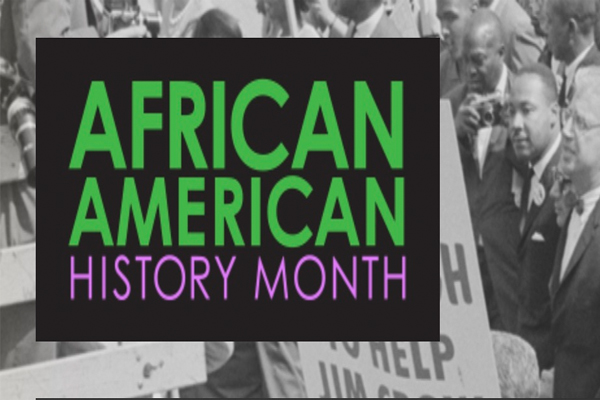Both the US and Canada honour Black History Month throughout the month of February, with activities organised in the workplace and local communities focusing on the theme of Black Health & Wellness this year.
In the US, also know as African-American History Month, it’s an annual celebration of achievements by African Americans; and a time for recognising the central role of Black people in US history. It’s also a time to reflect on the continued struggle for racial justice. Understanding Black history and learning more about systemic racism is essential not just in the US – but globally. Other countries, like the UK also celebrate Black History Month, but later in the year, in October.
US BLACK HISTORY MONTH
Since 1976, every US president has officially designated February as Black History Month. It started in 1915, half a century after the Thirteenth Amendment abolished slavery in the US, when Harvard-trained historian Carter G Woodson and the Minister Jesse E Moorland founded the Association for the Study of Negro Life and History (ASNLH).
This organisation was dedicated to researching and promoting achievements by Black Americans and people of African descent. Known today as the Association for the Study of African American Life and History (ASALH), the group sponsored a national Negro History week in 1926, choosing the second week of February to coincide with the birthdays of Abraham Lincoln and Frederick Douglass. The event inspired schools and communities nationwide to organise local celebrations, establish history clubs and host performances and lectures.
In the following decades, city mayors across the US started to recognise Negro History Week. By the late 1960s, thanks in part to the civil rights movement and a growing awareness of black identity, Negro History Week had evolved into Black History Month on many college campuses. However, it was President Gerald Ford who officially recognised Black History Month in 1976, and called upon the public to “seize the opportunity to honour the too-often neglected accomplishments of Black Americans in every area of endeavour throughout our history”.
BLACK HISTORY MONTH THEME
When Carter G Woodson established Negro History week in 1926, he realised the importance of providing a theme to focus the attention of the public. Apart from companies and organisations organising individual events to celebrate Black History Month during February 2022, official events will also be taking place across the US and Canada.
This year’s Black History Month theme of “Black Health and Wellness,” explores the legacy of not only Black scholars and medical practitioners in Western medicine, but also other ways of knowing (such as birthworkers, doulas, midwives, naturopaths, herbalists, etc) throughout the African Diaspora. The 2022 theme considers activities, rituals and initiatives that Black communities have done to be well.

BLACK HISTORY MONTH AT WORK
Over the course of this month, Fair Play Talks will be honouring the event by focusing on Black History Month in the workplace, through a series of articles throughout the month, so watch this space. In the meantime, check out our past guest columns dedicated to US Black History Month, including:
- Black History Month is Everybody’s History Month, by Diversity champion Dawn E Christian. She also reveals how her grandfather, Dr Merl R Eppse, played an instrumental role in the creation of Black History Week in the US. Click here to read.
- Michelle Wimes, Chief Equity & Inclusion Office of Children’s Mercy Kansas City, highlights the importance of celebrating the accomplishments of Black people both in and outside of the workplace. Click here to read more.
- Diversity and inclusion expert Nicole D Price highlights how celebrating Black History Month can help to normalise conversations about race and diversity in the workplace.
- East Coast Executives’ President Kenneth L Johnson reveals how organisations can better leverage Black History Month to deliver real diversity and inclusion results.
.







































